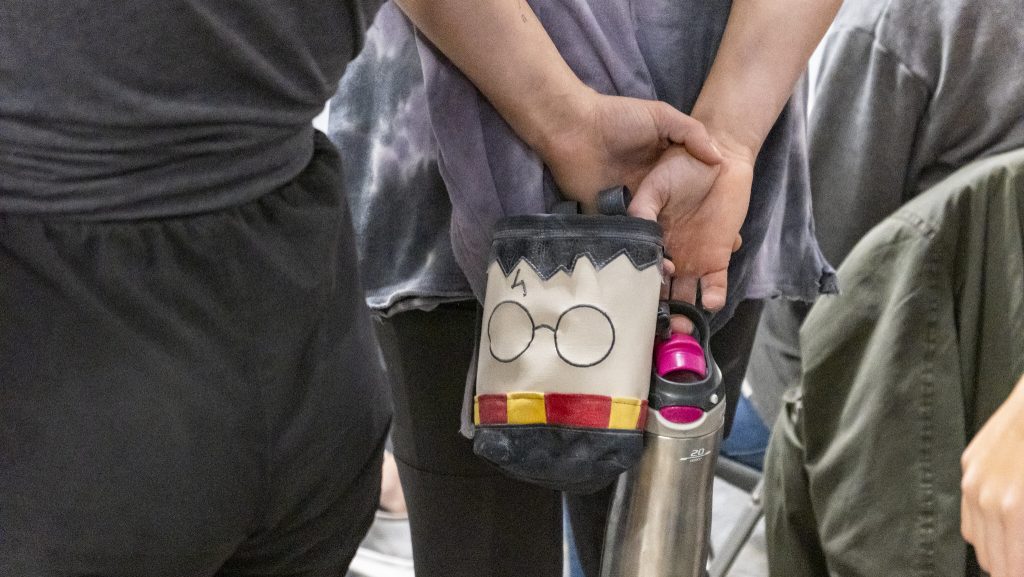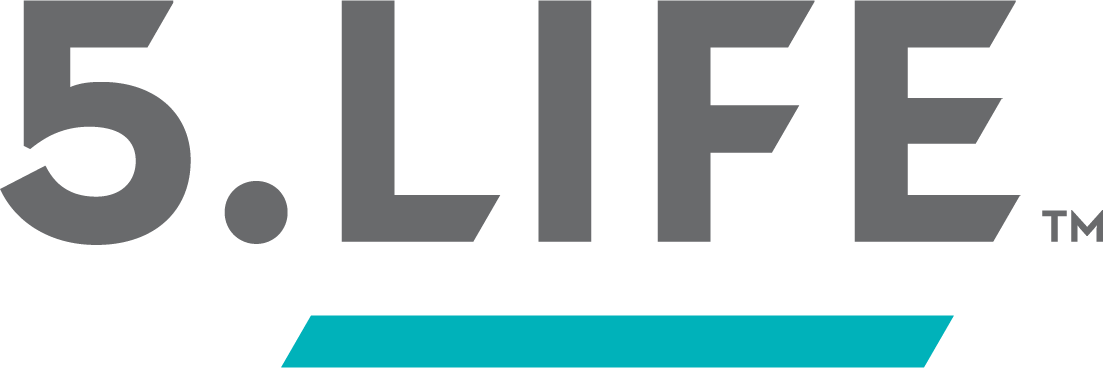Chalk is climbers’ secret weapon; you’re missing out if you aren’t using it when you climb. You may counter and say that you’ve seen other climbers forgo chalk. However, they are as in the dark as you about the magic powers of chalk, or they have an ego problem. Chalk is the secret sauce to climbing. Using it dries sweaty hands, increases friction, protects your skin, benefits other climbers, and can be more hygienic. It may not have actual magic powers, but it goes a long way to helping you send challenging climbs. Before you click off this page, promise yourself you’ll use chalk the next time you climb, and keep reading to find out why you want to befriend the fine, white, powdery stuff.

Top Reasons to Use Chalk When You Rock Climb
1. Dries your hands and protects your skin
Sweaty hands do not help with climbing. You’re more prone to ripping flappers, aka painful, bloody messes, and slipping off holds. The purpose of chalk is to absorb sweat and dry your skin. Dry skin is less pliable, meaning there’s a lower chance it catches on a hold and tears, allowing you to climb longer and pain-free.
2. Increases friction
The most evident reason for using chalk is its increased friction between your skin and the climbing holds—time for a brief climbing science lesson. Climbing relies on static friction. This is the friction between a stationary object, your hand, and the surface on which it rests, the climbing hold. There is a delicate balance between the static friction and the force you generate to advance up the climb. When the force you generate exceeds the static friction force, your hands and feet will slip, causing you to fall. Using chalk creates conditions for maximum static friction, allowing you to generate maximum force on a climbing hold without slipping off.
3. More hygienic
Most people hear the word chalk and think of a white, crumbly, and powdery object. However, for climbers, there is also the option to use liquid chalk. This option has grown in popularity for many reasons. First, it offers greater longevity than powdered chalk, with one application lasting for multiple climbs, if not an entire session. Second, it’s more hygienic. There’s a reason climbing gyms switched to or encouraged liquid chalk during the COVID pandemic and why Friction Labs created Secret Stuff® Hygienic – 80% Alcohol Liquid Chalk. The alcohol doubles as a drying agent and germ-killer.
If you prefer powdered chalk, a study published in February 2021 found that powdered magnesium carbonate chalk (most climbing chalks are magnesium carbonate)
significantly reduced the infectivity of the human coronavirus compared to surfaces not coated with chalk. Although the study focused on the coronavirus, it is worth considering the evidence presented that using chalk reduces infectivity between climbers touching the same holds.
4. Considerate of other climbers
In a traditional gym, the courtesy is to wipe down the equipment you use after you finish. In a climbing gym, refusing to use chalk up when you have sweaty hands is like leaving your sweat on the dumbbells or flat bench in a traditional gym. In climber lingo, you’ve “greased up” the holds for the next climber. While you could brush off every hold on the climb to remedy the greasing up the holds, your attempt would likely benefit from using chalk in the first place.
5. Forces You to Reset
Chalking up between climbs is the perfect reminder to reset. Whether that means resting for a few minutes to replenish ATP stores or taking deep breaths, it’s important to pace yourself. Even if you’re performing an endurance workout requiring you to complete climbs back to back, resting on the wall and chalking up is a great way to remind yourself to breathe, relax your grip, and reset your focus. You’ll see many seasoned climbers immediately head for their chalk bag/bucket after trying a climb because it serves as a subconscious reminder to reset before trying again or moving on to the next climb.
Unless you have perfectly conditioned skin 24/7 (if you do, you will make the perfect research subject), chalking up when you climb is advantageous to your success. It will dry out your skin, decreasing the risk of tears and increasing friction. Opt for liquid chalk if you want a long-lasting option that creates a more hygienic experience for yourself and others. Finally, it’s a good practice to be considerate of others if you are prone to sweaty hands. Chalk can become your best friend if you let it, so buy some and head to the gym to put it to use!

Recent Comments